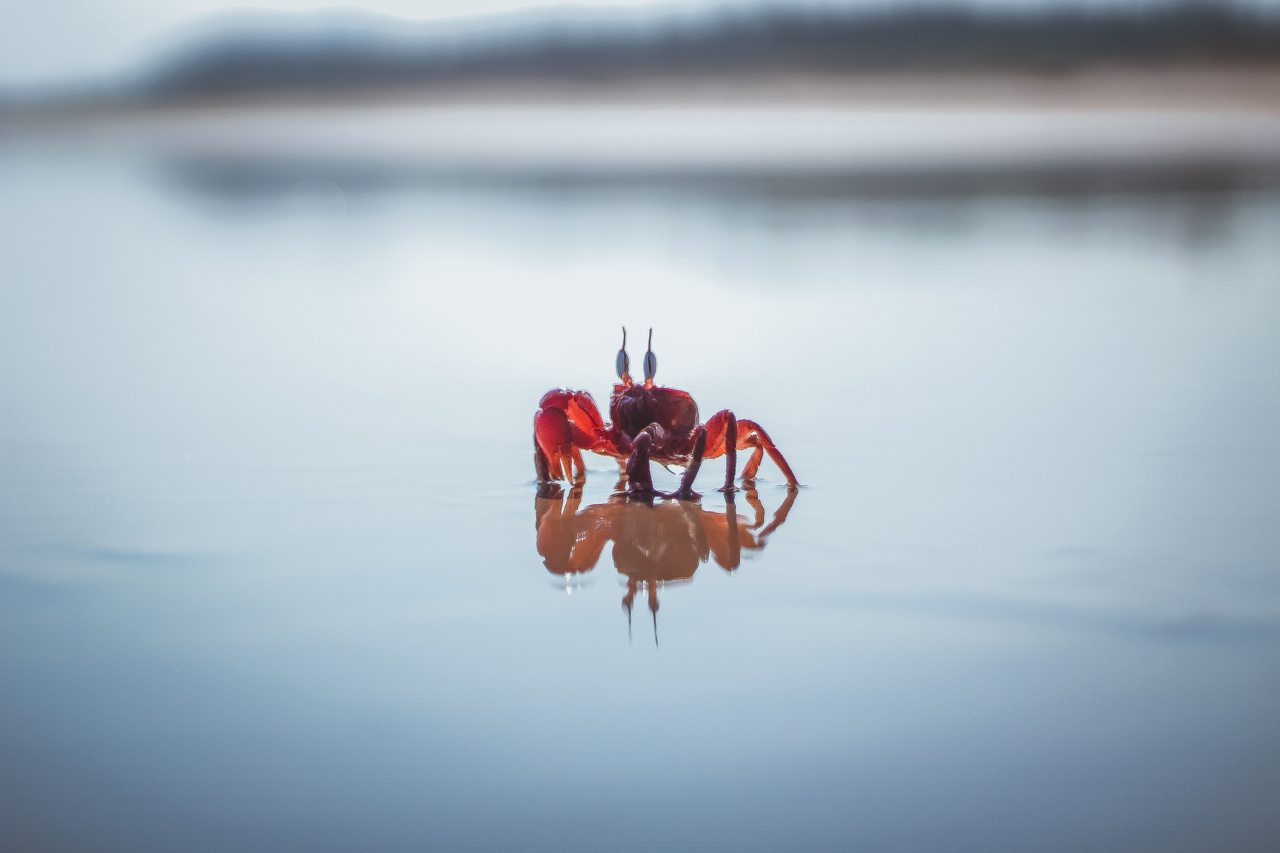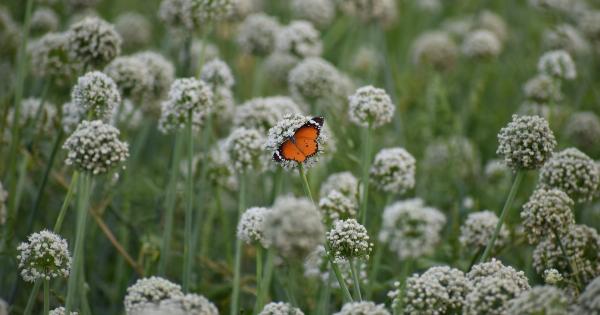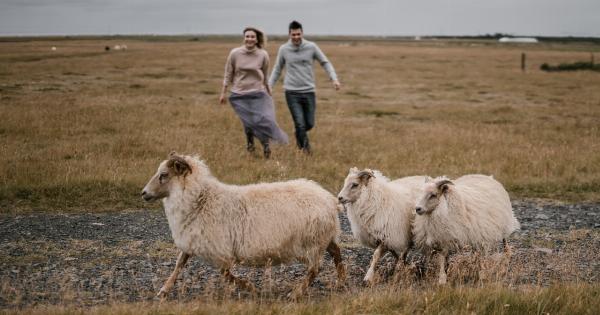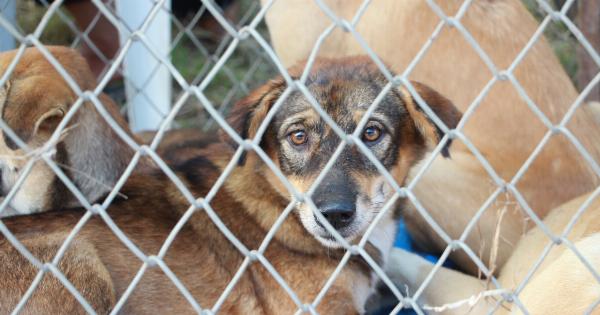Animal Conservation Day is an annual event that aims to raise awareness about the importance of conserving and protecting animal species and their habitats.
It serves as a reminder for all of us to reflect on our actions and attitudes towards animals, and to cultivate a deep respect for the incredible diversity of life on Earth. This day is not only about celebrating the beauty and wonder of animals, but also about recognizing the urgent need to take action to preserve their existence.
The Significance of Animal Conservation
Animal conservation plays a vital role in maintaining the delicate balance of ecosystems and the overall health of our planet.
Every animal species has a unique role to play in their respective ecosystems, and the loss of even a single species can have far-reaching consequences. By conserving animal species and their habitats, we are ensuring the preservation of biodiversity and securing a sustainable future for generations to come.
The Threats Faced by Animal Species
There are numerous threats that animal species face today, many of which are directly or indirectly caused by human activities.
Habitat destruction, climate change, pollution, illegal wildlife trade, and invasive species are just a few examples of the challenges that animals must contend with. These threats result in the loss of habitats, disruption of ecosystems, and the decline of animal populations.
Conservation Strategies
In order to tackle these threats and protect animal species, various conservation strategies have been implemented by organizations and individuals around the world. These strategies include:.
1. Protected Areas and Reserves
Creating and managing protected areas and reserves is a crucial step in conserving animal species and their habitats.
National parks, wildlife sanctuaries, and other protected areas help to safeguard the critical habitats and provide a safe haven for numerous species.
2. Wildlife Rehabilitation and Rescue
Organizations dedicated to wildlife rehabilitation and rescue play a vital role in saving and rehabilitating injured or orphaned animals.
By providing medical care, rehabilitation facilities, and release programs, they give animals a second chance at survival.
3. Conservation Education and Awareness
Education and awareness programs are essential in fostering a sense of responsibility and empathy towards animals.
By educating communities about the value of wildlife and the importance of conservation, we can inspire positive change and encourage sustainable practices.
4. Research and Monitoring
Scientific research and monitoring are critical for understanding animal behavior, population dynamics, and the impact of conservation efforts.
This knowledge helps conservationists make informed decisions and adapt strategies to ensure the effectiveness of their efforts.
5. Sustainable Practices
Adopting sustainable practices is crucial to minimize our impact on the environment and conserve animal habitats.
This includes promoting sustainable agriculture, responsible tourism, and reducing our carbon footprint through energy-efficient practices.
The Role of Individuals
While government agencies and organizations play a significant role in animal conservation, individuals also have a crucial part to play. There are several actions that individuals can take to contribute to conservation efforts:.
1. Support Conservation Organizations
By donating to and volunteering with conservation organizations, individuals can directly contribute to the protection and preservation of animal species and their habitats.
2. Promote Sustainable Consumption
Consumers have the power to drive change through their choices. By opting for sustainable and ethically sourced products, individuals can reduce the demand for goods that contribute to habitat destruction and animal exploitation.
3. Spread Awareness
Individuals can use their platforms, both online and offline, to spread awareness about the importance of animal conservation. Sharing information, advocating for change, and inspiring others to take action can have a significant impact.
4. Engage in Citizen Science
Citizen science projects allow individuals to contribute to scientific research and monitoring efforts.
By participating in activities such as wildlife surveys or data collection programs, individuals can provide valuable insights and contribute to conservation efforts.
5. Practice Responsible Pet Ownership
Responsible pet ownership includes adopting from shelters, spaying/neutering pets, providing proper care, and not supporting illegal wildlife trade.
Ensuring the well-being of domestic animals also contributes to the broader goal of animal conservation.
Conclusion
Animal Conservation Day serves as an important reminder for all of us to reflect on our relationship with animals and the urgency of protecting their existence.
Through concerted conservation efforts, we can ensure the survival and well-being of animal species, preserve biodiversity, and create a sustainable future. Let us embrace the responsibility to respect and conserve the incredible diversity of life on Earth.






























